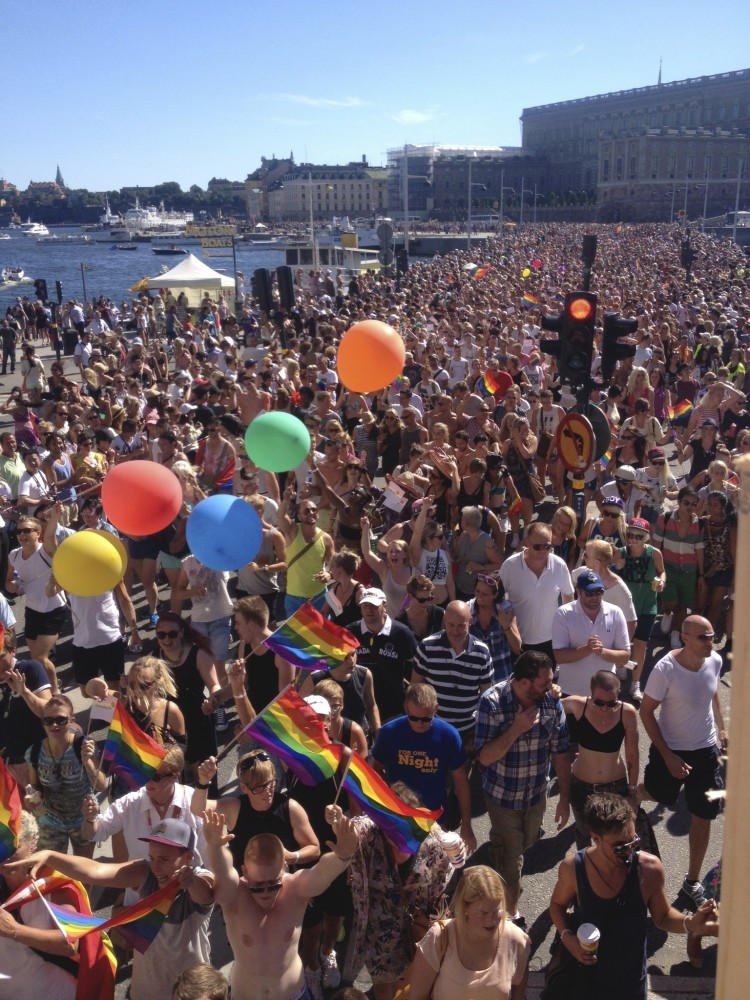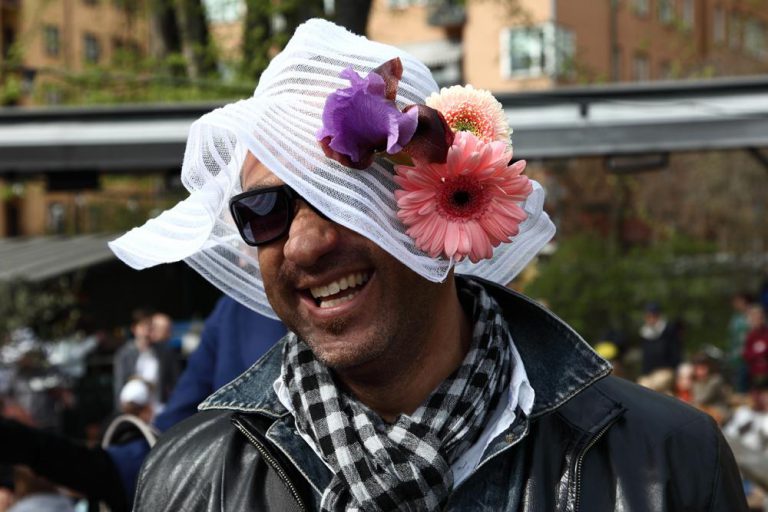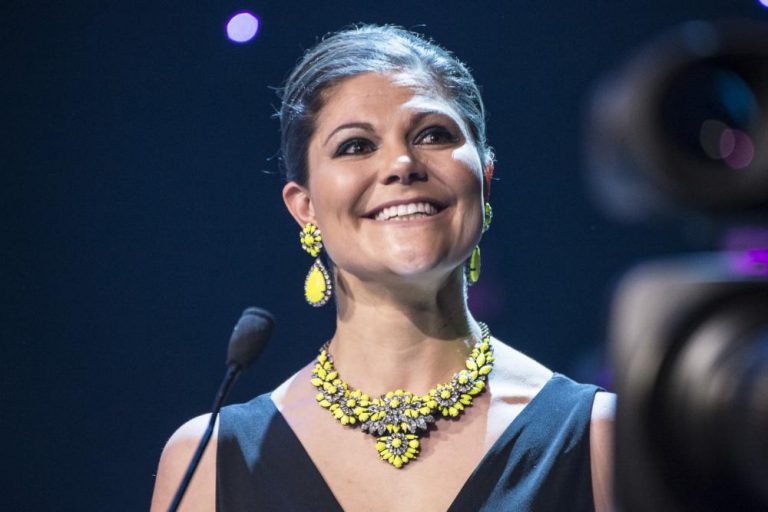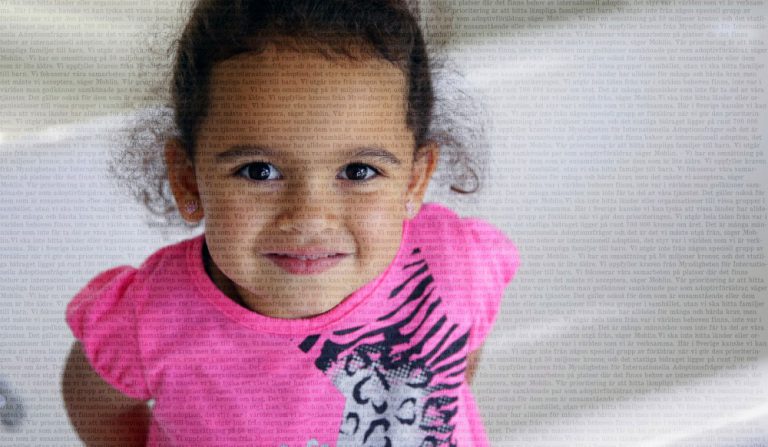There have been persistent, though unconfirmed, reports for years that Iran hangs men for committing sodomy.
Interviewer Amy Goodman showed Ahmadinejad a photo of the 2005 hanging of teens Mahmoud Asgari and Ayaz Marhoni, widely reported to have been executed for engaging in gay sex together, and asked: ”July 19 is a day that is honored around the world, where two gay teenagers, Iranian teens, were hung. This is a picture of them hanging. They were two young men, named Mahmoud Asgari and Ayaz Marhoni. Do you think gay men and lesbians should die in Iran?”
Ahmadinejad responded: ”No, there is no law for their execution in Iran. Either they were drug traffickers or they had killed someone else. Those who kill someone else or engage in acts of rape could be punished by execution. Otherwise, homosexuals are not even known who they are to be hung. … So, we don’t have executions of homosexuals. Of course, we consider it an abhorrent act, but it is not punished through capital punishment. It’s basically an immoral act. There are a lot of acts that can be immoral, but there’s no capital punishment for them.”
”I don’t know where you obtained these pictures from,” he continued. ”Either they’re a network of drug traffickers or some other — or people who generally might have killed someone else. You know that we take our sort of social security seriously, because it’s important.”
Ahmadinejad also again denied that he’d said in New York last year that there are no gay people in Iran.
”I didn’t say they don’t exist; I said not the way they are here (in the U.S.),” he said. ”In Iran, it’s considered as a very unlikable and abhorrent act. People simply don’t like it. Our religious decrees tell us that it’s against our values, and all divine laws, actually, believe in the same. Who has given them permission to engage in homosexual acts?
It’s considered as an abhorrent act. It shakes the foundations of a society, the family foundation. It robs humanity. It brings about diseases.”
”It should be of no pride to the American society to say that they defend homosexuals and support it. It’s not a good act, in and by itself, to then hold others accountable for banning it. And it’s not called freedom, either. Sure, if somebody engages in an act in their own house without being known to others, we don’t pay any attention to that. People are free to do what they like in their private realms. But nobody can engage in what breaks the law in public.”
”Why is it that in the West all moral boundaries have been shaken?” he asked. ”Just because some people want to get votes, they are ready to overlook every morality? This goes against the values of a society. It is the divine rule of the prophets. And then, of course, in Iran, it’s not an issue as big as it is of concern here in the United States. There might be a few people who are known. In general, our country would not accept it. And there’s a law about it, too, which one must follow.”
Iran is known to have executed several teens and men accused of engaging in sodomy, but in the cases that have been publicized in recent years the individuals were accused of other crimes as well, such as rape.
The International Gay and Lesbian Human Rights Commission has said it suspects that other charges often are tacked onto sodomy cases to prevent the public outrage that would accompany executions carried out solely for the crime of consensual adult gay sex. The group also has said it believes executions solely for gay sex are taking place out of the public eye.
”Our suspicions (are) that their current practice really is to rid society of lesbians and gay men,” the organization said last year.
Human Rights Watch, on the other hand, has said it cannot fully document any executions in Iran in recent years carried out solely for the crime of consensual adult gay sex.
Democracy Now! airs daily, among other places, on Pacifica, NPR, community and college radio stations.
Uppdaterad 2019-02-19











